What are regulations on capabilities for autonomy and self-study of students under the 2018 General Education Program in Vietnam?
What are regulations on capabilities for autonomy and self-study of students under the 2018 General Education Program in Vietnam?
Based on Section 9 of the General Education Program issued under Circular 32/2018/TT-BGDDT, the autonomous and self-study abilities of students at different levels according to the 2018 General Education Program are as follows:
| Ability | Primary Education | Lower Secondary Education | Upper Secondary Education |
| Autonomous and Self-Study Ability | |||
| Self-Reliance | Capable of doing things on their own at home and school as assigned and guided. | Proactive and positive in carrying out personal tasks in study and life; disapprove of dependent behaviors. | Always proactive and positive in carrying out personal tasks in study and life; help dependent individuals to adopt a self-reliant lifestyle. |
| Self-Assertion and Protection of Legitimate Rights and Needs | Aware of personal rights and desires; initially able to express and fulfill some legitimate rights and needs. | Understand personal rights and needs; differentiate between legitimate and illegitimate rights and needs. | Assert and protect personal rights and needs in alignment with ethics and laws. |
| Self-Regulation of Emotions, Attitudes, and Behaviors | - Recognize and express personal emotions and feelings; able to share personal emotions and feelings with others. - Amiable with everyone; avoid saying or doing things that offend others. - Follow study and work plans; avoid being distracted, which might affect study and other tasks. |
- Recognize personal emotions and understand the impact of emotions on behaviors. - Regulate emotions to have appropriate behaviors in studying and life; avoid lavish, naughty, and disorderly behaviors; refrain from encouraging or engaging in bad behavior. - Persistently follow study and work plans. |
- Assess the strengths and weaknesses of personal emotions; be confident and optimistic. - Adjust emotions, attitudes, and behaviors; remain calm and behave appropriately. - Ready to face and determine to overcome challenges in studying and life. - Avoid social evils. |
| Adaptation to Life | - Find different ways to solve the same problem. - Complete different tasks with various demands. |
- Flexibly apply acquired knowledge and skills to solve problems in new situations. - Stay calm in unexpected changes and persistently overcome difficulties to complete necessary tasks. |
- Adjust personal knowledge, skills, and experiences for new activities and living environments. - Change thinking and expressing emotions to meet new requirements and conditions. |
| Career Orientation | - Exhibit personal interests and abilities. - Know the names, main activities, and roles of some professions; relate this understanding to the occupations of family members. |
- Recognize personal interests and abilities. - Understand the role of economic activities in social life. - Know some main information about local professions and key production fields; choose a suitable path after lower secondary education. |
- Recognize personal character and life values. - Be informed about the job market, requirements, and prospects of various professions. - Determine a suitable path after upper secondary education; plan and choose subjects that fit personal career orientation. |
| Self-Study and Self-Improvement | - Summarize and present learned content. - Realize and correct mistakes in tests through teachers' comments. - Learn from teachers, friends, and others to consolidate and expand understanding. - Learn from role models of good people. |
- Set learning goals to strive for achievement. - Plan and execute study plans; select appropriate learning materials; store information selectively using summaries, concept maps, tables, keywords; note down the main ideas from teacher's lectures. - Recognize and adjust mistakes and limitations when guided by teachers and friends; actively seek support from others when facing learning difficulties. - Train and overcome personal limitations towards social values. |
- Determine study tasks based on achieved results; set detailed study goals and overcome limitations. - Evaluate and adjust study plans; develop personal learning methods; seek, evaluate, and select materials suitable for different study purposes and tasks; take notes in ways that facilitate memory, usage, and supplementation. - Recognize and adjust mistakes and limitations in the learning process; reflect on personal learning methods and gain experience to apply in different situations; adjust learning methods independently. - Regularly improve based on personal goals and civic values. |
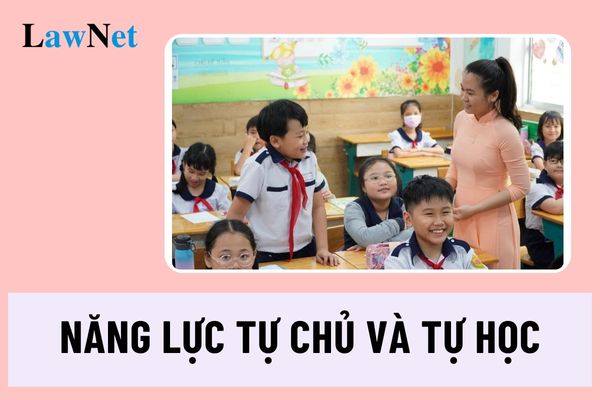
What are regulations on capabilities for autonomy and self-study of students under the 2018 General Education Program in Vietnam? (Image from the Internet)
What are the ages of students at different educational levels in Vietnam?
Based on the provisions of Article 28 of the Education Law 2019:
Educational Levels and Ages in General Education
1. The educational levels and ages in general education are regulated as follows:
a) Primary education is conducted over 5 school years, from grade one to the end of grade five. The age of students starting grade one is 6 years, counted by the year;
b) Lower secondary education is conducted over 4 school years, from grade six to the end of grade nine. Students entering grade six must have completed the primary education program. The age of students starting grade six is 11 years, counted by the year;
c) Upper secondary education is conducted over 3 school years, from grade ten to the end of grade twelve. Students entering grade ten must have a lower secondary education diploma. The age of students starting grade ten is 15 years, counted by the year.
...
According to the provisions of the Education Law 2019, the typical ages of students at different educational levels are as follows:
- Primary Level: 6-10 years old;
- Lower Secondary Level: 11-14 years old;
- Upper Secondary Level: 15-17 years old.
Note: Except for cases of retained students or students entering school earlier or later than the ages prescribed by law.
Table of ages and birth years of students in 2024 in vietnam
Based on the provisions of Clause 1, Article 28 of the Education Law 2019, except for cases of retained students or students entering school earlier or later than the prescribed ages, the ages and birth years of students in 2024 can be determined as follows:
| GRADE | YEAR OF BIRTH | AGE IN 2024 |
| Grade 1 | 2018 | 6 years old |
| Grade 2 | 2017 | 7 years old |
| Grade 3 | 2016 | 8 years old |
| Grade 4 | 2015 | 9 years old |
| Grade 5 | 2014 | 10 years old |
| Grade 6 | 2013 | 11 years old |
| Grade 7 | 2012 | 12 years old |
| Grade 8 | 2011 | 13 years old |
| Grade 9 | 2010 | 14 years old |
| Grade 10 | 2009 | 15 years old |
| Grade 11 | 2008 | 16 years old |
| Grade 12 | 2007 | 17 years old |

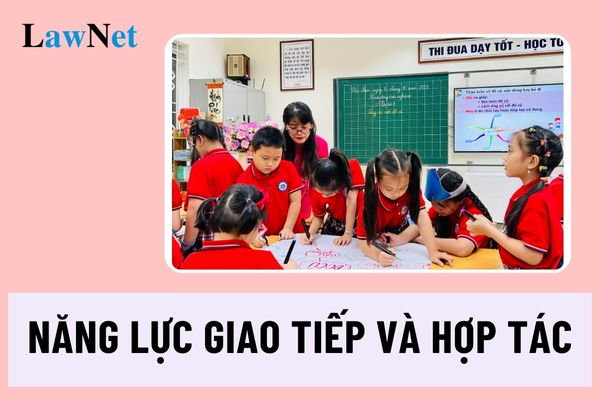

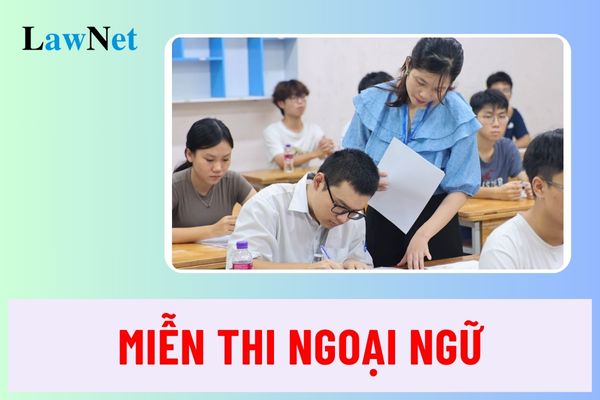
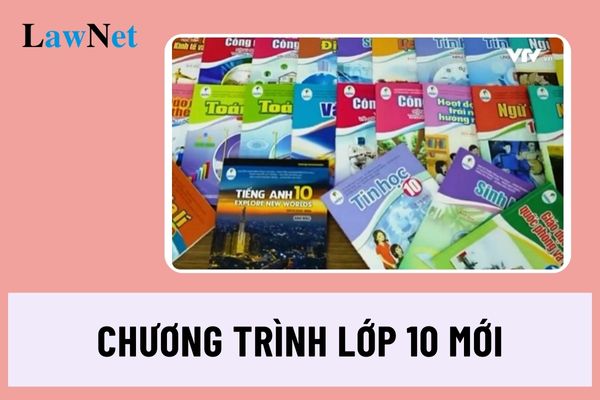
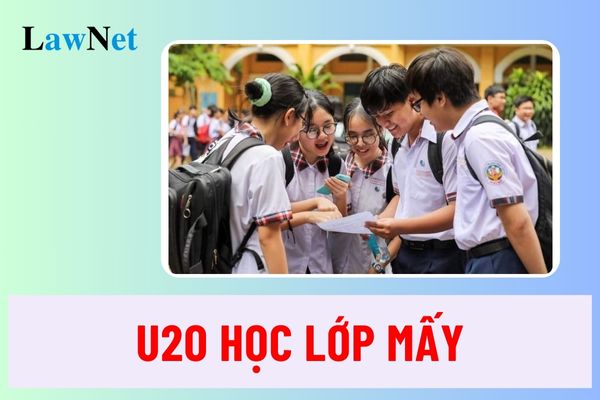
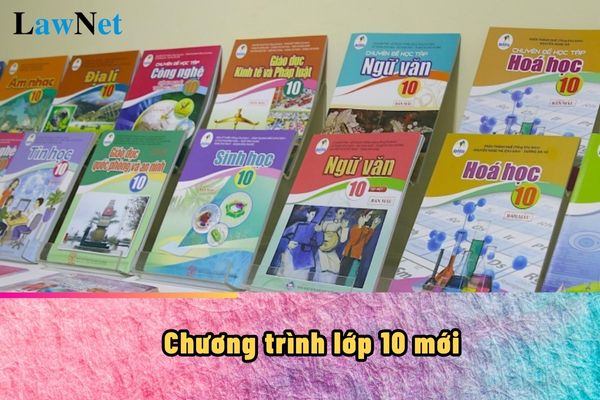
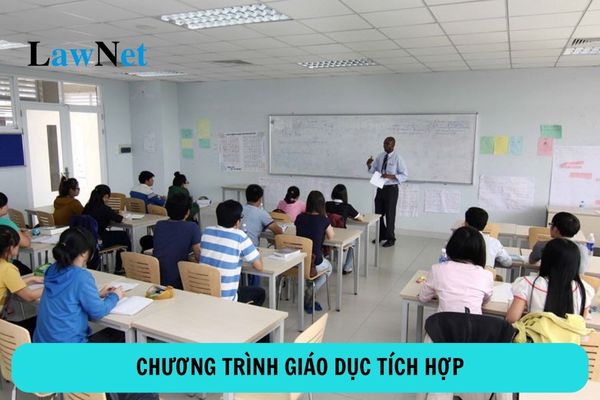


- What are regulations on punctuation in Vietnamese?
- What is the purpose of a colon according to the Literature knowledge in Vietnam?
- PDF file of the Marxist-Leninist Philosophy textbook in Vietnam
- What documents are included in the Application for certification of difficult circumstances in the school year 2024-2025 in Vietnam?
- What contents are included in grade 10 Chemistry in Vietnam?
- What documents are included in the Application for participating in Vietnam Association for Promoting Education (VAPE)?
- What are regulations on credit transfer in master's degree programs in Vietnam?
- Does the law in Vietnam permit the provision of master's degree programs under the part-time system?
- What are the cases in which a university branch in Vietnam may be dissolved?
- What is the position of the student badges on their shirt in Vietnam? Which document stipulates this issue?

